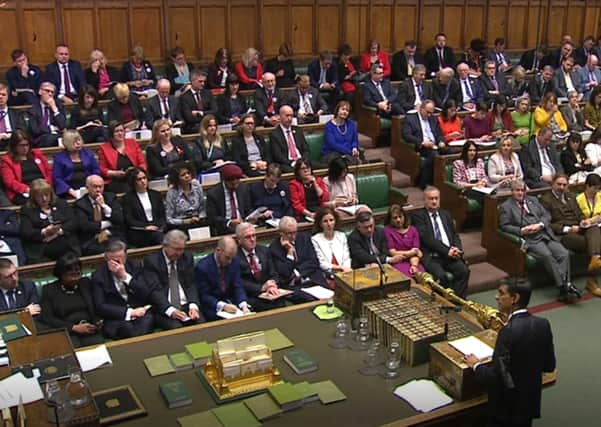Tax expert: Budget seeks to stimulate UK economy amid Covid-19 but regret in Northern Ireland that Air Passenger Duty not abolished


Coupled with the Bank of England’s move to cut interest rates to 0.25%, it is clear the government and policy makers are trying to stimulate the economy in the face of the challenges of the Covid-19 outbreak.
For observers in Northern Ireland, there will have been disappointment that the chancellor did not commit to reduce or abolish Air Passenger Duty particularly in light of the collapse of regional carrier Flybe.
Advertisement
Hide AdAdvertisement
Hide AdHowever, many of the benefits designed to help businesses cope with coronavirus will be widely welcomed, including a refund of costs for statutory sick pay related to employees off work for up to 14 days due to the virus, and a temporary ‘business interruption loan scheme’ offering support up to £1.2 million.


Other key points from the Budget included a rise of the National Insurance contribution threshold from £8,632 to £9,500 while the widely speculated restriction of Entrepreneurs’ Relief will fund a variety of increased tax incentives such as the R&D Expenditure Credit (‘RDEC’) from 12 to 13% and the Structures and Buildings Allowance from 2% to 3%.
Peter Legge, Tax Partner, Grant Thornton, Belfast